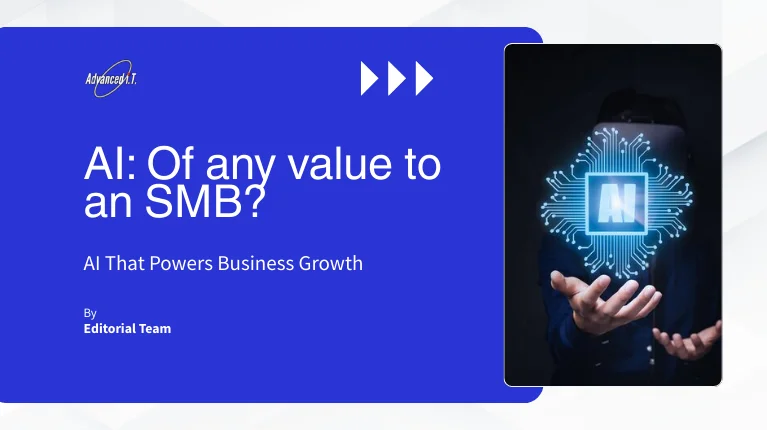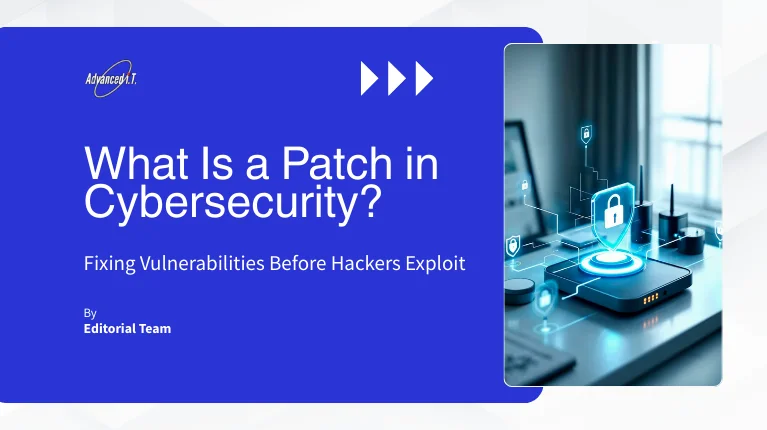What Are Poison Attacks and Why Should Chicago Businesses Care?
In today’s world of AI-driven systems, smart devices, and ever-evolving cyber threats, there’s one particularly sneaky type of cyberattack that’s flying under the radar for many businesses: poison attacks. If you run or manage a small to midsize business (SMB) in Chicago, understanding this threat is critical.
Poison attacks don’t rely on brute force or obvious hacks—they target the very intelligence of your IT systems. Imagine a smart system that helps manage your network or customer data. That system makes decisions based on the information it has been trained on. Poison attacks intentionally corrupt that training data or logic, leading to dangerous outcomes—without making a sound.
Unlike ransomware, which screams for attention, poison attacks lurk in silence, making it harder to detect them before it’s too late.
How Poison Attacks Work: A Simple Breakdown
Here’s the crux of it: poison attacks corrupt your AI or decision-making system by altering its data inputs or logic, essentially retraining it to make bad decisions.
Let’s say your system is designed to only allow executives (VP and above) to access sensitive data. In a backdoor poison attack, a malicious actor tweaks the system’s training so that it eventually grants access to non-authorized users, like a mid-level manager. The system, now “retrained,” won’t flag it as a violation—because it’s been tricked into thinking it’s normal.
This isn’t science fiction—it’s a real threat that is especially dangerous for small and midsize Chicago businesses who are adopting smart tools but often lack advanced monitoring systems.
3 Common Types of Poison Attacks Every Business Should Know
Let’s break down the main forms of poison attacks that Chicago SMBs need to watch for:
1. Logic Corruption
This is when the attacker changes the core decision-making logic of your system. It’s like teaching your firewall to let threats in by redefining what a threat even looks like.
Changes system behavior at its foundation
Leads to long-term misjudgments by AI or smart systems
Hard to detect without deep system audits
2. Data Manipulation
In this attack, existing data is tampered with—usually in subtle ways. Instead of changing the system’s rules, the attacker feeds it data that shifts its boundaries.
Example: feeding enough “gray area” cases into the system that it starts approving questionable behavior as safe. It’s sneaky, and often used to create backdoors.
3. Data Injection
This method injects false or malicious data into your dataset. Over time, the system “learns” from these tainted inputs and starts making incorrect decisions, all while thinking it’s doing the right thing.
Inserts fake data into real systems
Weakens models slowly and silently
Often goes unnoticed until a major breach
Why Poison Attacks Are Especially Dangerous for Chicago SMBs
Chicago’s tech-driven SMBs—whether in retail, healthcare, or finance—are turning to automated systems and cloud-based AI tools. That’s great for productivity, but it also expands the attack surface.
Poison attacks are especially concerning because:
They are low visibility—no ransom note, no obvious breach.
They exploit trust in automation.
They target data integrity—the foundation of smart business decisions.
And once that foundation is compromised, every decision your system makes becomes suspect.
Protecting Your Business: Best Practices for Poison Attack Defense
Here’s how Chicago SMBs can stay ahead:





Final Thoughts: Stay One Step Ahead
Poison attacks might not be flashy, but they’re dangerous, silent, and increasingly common. They represent a shift in the threat landscape from noisy disruptions to covert manipulation.
If you’re running a business in Chicago, you can’t afford to ignore this. Your AI tools and smart systems are only as good as the data they learn from—and poison attacks target that very data.
Want to Secure Your IT Systems?
At Advanced IT, we help Chicago businesses build resilient cybersecurity strategies that protect not only your networks—but your decision-making tools.
Let’s talk about securing your data, AI tools, and training systems so you don’t fall victim to the next wave of silent cybercrime.







